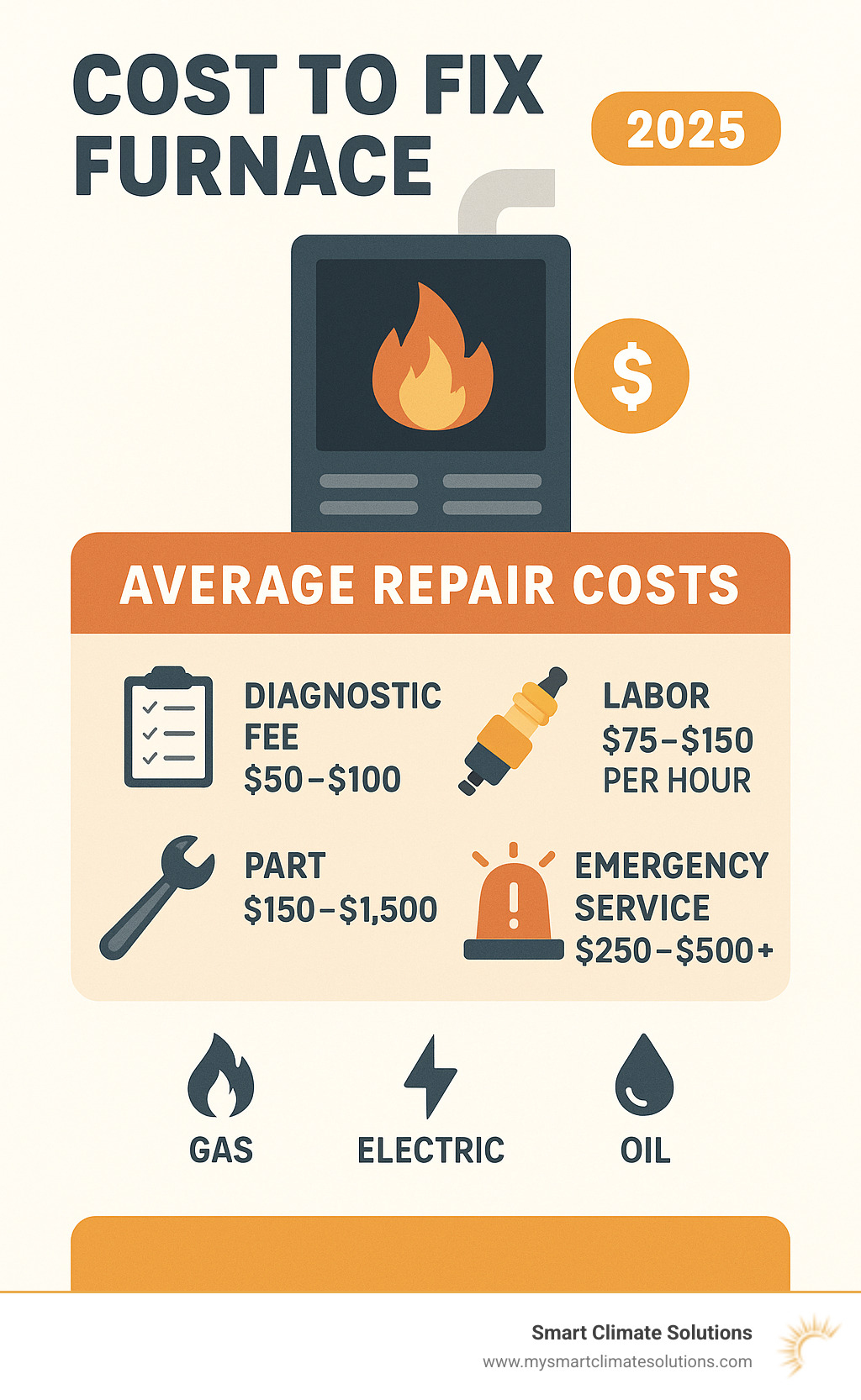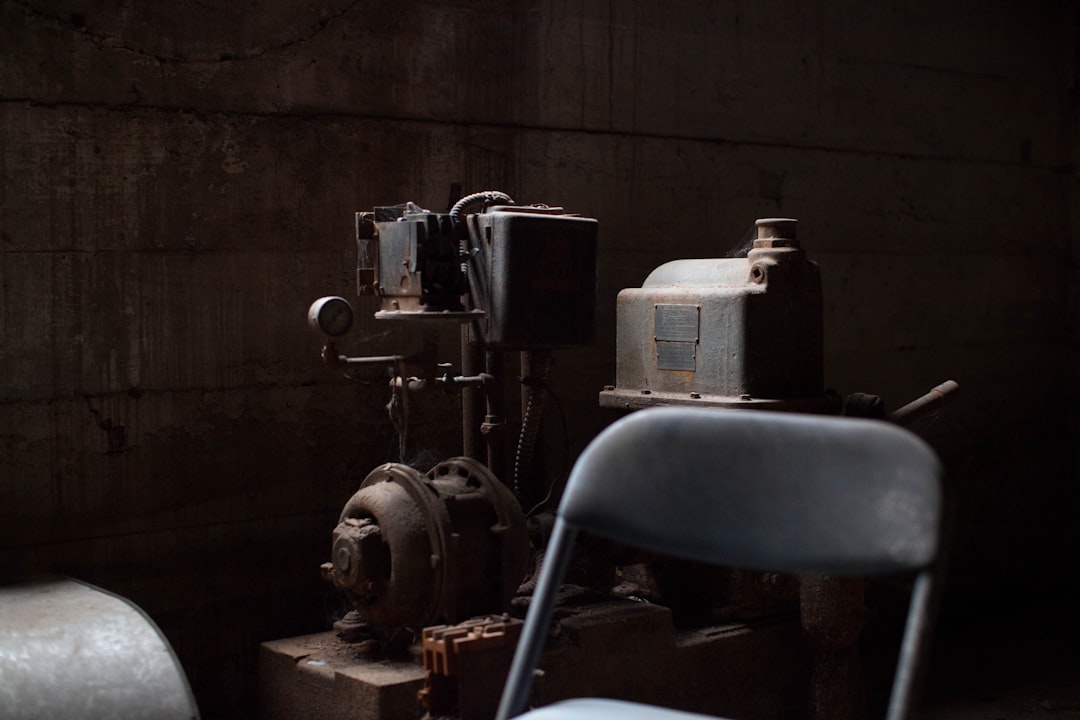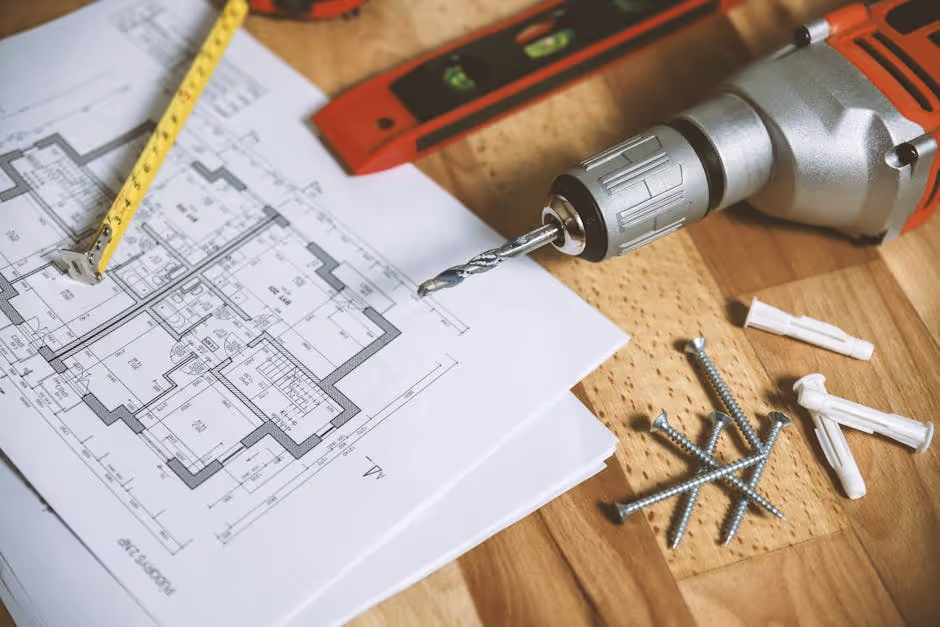Understanding the Numbers: Average Furnace Repair Costs
When your furnace breaks down in winter, repair costs are a top concern. Here's a breakdown of what you can expect to pay:
Average Furnace Repair Costs:
- National Average: $300-$317
- Typical Range: $130-$500
- Minor Repairs: $100-$200
- Major Repairs: $800-$3,000
- Emergency Service: $300-$1,200
- Diagnostic Fee: $50-$100
The final cost depends on the failing component, your furnace type (gas, electric, oil), local labor rates, and whether you need emergency service. A simple flame sensor replacement might cost $150-$250, while a cracked heat exchanger can run $1,000-$3,000.
As Bill Scott, general manager of Smart Climate Solutions, I've used my 15+ years of HVAC experience to help Pittsburgh-area homeowners steer the cost to fix furnace problems. Our team's rapid response time means we can quickly diagnose issues and provide transparent pricing.

Cost to fix furnace basics:
We understand that when your furnace fails, your first thought is getting the heat back on, and your second is the cost. The reality is that the final bill can vary widely. A loose wire is a minor fix, but replacing a blower motor could exceed $1,500.
The initial cost is the diagnostic fee ($50-$200), which covers the technician's time to travel to your home and identify the problem. Often, this fee is applied toward the total repair cost if you proceed with our service.
What is the typical cost to fix a furnace in an emergency?
When your furnace fails at 2 AM on a freezing night, you need immediate help, which comes at a higher price. Our 24/7 emergency support is designed for these situations.
- After-hours fees: Expect to pay double to triple the regular hourly rates. A standard $75-$150 hourly rate can jump to $150-$215 per hour for an emergency call.
- Holiday rates: These can be even higher.
- Priority service: You get immediate attention, bypassing routine appointments, which comes at a premium.
Simple emergency repairs might start around $300, but complex issues like a motor replacement could reach $1,200 or more. While no one likes paying more, immediate warmth during a cold snap is invaluable.
For more on our rapid response, check out our 24 Hour Emergency HVAC services.
How a Furnace Inspection Sets the Stage for Repair Costs
Before any repair, a thorough inspection is crucial. Our certified technicians perform comprehensive checks to pinpoint the exact issue.
- Diagnostic service cost: This fee, typically $50-$100, covers the technician's expertise in identifying the problem.
- What an inspection includes: We examine the thermostat, filter, blower motor, ignitor, flame sensor, heat exchanger, and electrical connections for any signs of wear, leaks, or other issues.
- Identifying the root cause: Our goal is to find the underlying cause, not just fix a symptom. A proper diagnosis ensures we fix the right problem the first time.
- Applying fee to repair cost: At Smart Climate Solutions, the diagnostic fee is applied to the total repair cost if you proceed with the service. This means the initial cost becomes part of the solution.
Regular furnace tune-ups can often catch minor issues before they become major repairs. Learn more on our Furnace Tune Up page.
What Influences the Final Bill? Key Cost Factors Explained
The final cost to fix furnace issues depends on several key factors, explaining why repair bills can vary so much. Think of it as a recipe where multiple ingredients determine the final price.

- Furnace Age & Condition: An older, poorly maintained furnace is more complex and costly to repair than a newer, well-kept unit. Parts for units over 15 years old can be scarce, and one problem often reveals others.
- Warranty Coverage: Most warranties cover parts for 5-10 years but typically do not cover labor. This can save you hundreds on a component, but you'll still pay for the installation.
- Labor Costs: Rates vary by technician experience. A certified master technician may charge more per hour but can diagnose and fix problems faster and more accurately, potentially saving you money in the long run.
- Geographic Location: The cost to fix furnace problems is higher in metropolitan areas like Pittsburgh compared to smaller towns. This reflects higher operating costs, such as rent and wages.
- Seasonal Demand: Costs can rise during peak winter months when demand for emergency service spikes. Scheduling tune-ups in the fall or spring is a smart way to avoid peak pricing.
What is the average cost to fix a furnace based on its type?
The type of fuel your furnace uses directly impacts repair costs.
- Electric Furnaces: These are the simplest and most affordable to fix, with repairs typically costing $50 to $300. Common issues involve heating elements, relays, or the blower motor.
- Gas Furnaces: As more complex systems, repairs usually range from $300 to $1,200. They involve ignitors, heat exchangers, and sophisticated controls that can fail.
- Oil and Propane Furnaces: These also range from $300 to $1,200 but often trend higher. They require specialized knowledge and tools, leading to higher labor costs.
The more complex the system, the more potential points of failure, which can increase your repair bill.
How Labor and Location Impact Your Repair Bill
The human element is a significant part of your repair bill. Hourly rates for HVAC technicians typically run from $75 to $150, reflecting years of training, expensive tools, and expertise.
- Certified Technicians: Technicians with certifications from organizations like NATE have proven their knowledge through rigorous testing. While their hourly rate may be higher, they often complete jobs faster and more reliably.
- Metropolitan vs. Rural: Higher overhead costs in cities like Pittsburgh (rent, insurance, wages) are built into the pricing structure. However, more competition can also help keep prices in check.
- Trip Charges: This fee covers the cost of getting a fully equipped van and a trained technician to your door. Most reputable companies, including ours, apply this charge toward the total repair cost if you move forward with the service.
When researching HVAC Repair Pittsburgh services, the cheapest quote isn't always the best value. We believe in transparent pricing that reflects professional, reliable service.
A Component-by-Component Breakdown of the Cost to Fix a Furnace
The cost to fix furnace issues often depends on the specific part that has failed. Here's a breakdown of common components and their typical repair costs to help you understand your bill.
| Component | Average Repair/Replacement Cost | Notes |
|---|---|---|
| Blower Motor | $400 - $1,500 | Repair ($150-$450) vs. Replacement ($850-$2000) |
| Heat Exchanger | $1,000 - $3,000 | Often leads to full furnace replacement |
| Ignitor | $150 - $250 | Common failure, relatively inexpensive |
| Flame Sensor | $75 - $250 | Safety component, often just needs cleaning |
| Circuit Board | $200 - $600 | The "brain," can be sensitive to moisture |
| Gas Valve | $200 - $600 | Controls fuel flow, critical safety part |
| Draft Inducer Motor | $400 - $1,100 | Exhausts gases, important for safety |
| Thermostat | $100 - $600 | Basic replacement vs. smart thermostat |
| Transformer | $100 - $250 | Supplies power, can fail due to surges |
| Thermocouple | $100 - $300 | Safety component for older furnaces |
We generally recommend OEM (Original Equipment Manufacturer) parts over universal ones for critical components, as they offer better compatibility and longevity. Part availability for older or uncommon models can also affect the cost; if a part is obsolete, a full furnace replacement may be the only option.
Blower Motor and Fan Repairs
The blower motor pushes warm air through your home. If it fails, you might notice reduced airflow or strange noises. A simple fix, like replacing a faulty blower motor capacitor, can cost $100-$250. However, if the motor itself is burnt out, a full replacement is necessary, typically ranging from $850 to $2,000.

For more details on these costs and how we handle air circulation issues, visit our page on the Cost to Replace Furnace Fan.
Heat Exchanger Replacement
The heat exchanger is a critical safety component in gas and oil furnaces. It transfers heat to your home's air while keeping dangerous combustion gases, like carbon monoxide (CO), safely contained. A cracked heat exchanger is a major safety concern that can leak poisonous CO into your home. If a crack is found, we will shut down the furnace immediately for your safety.
This repair is expensive, running from $1,000 to $3,000. Due to the high replacement cost, if your furnace is over 10-15 years old, we will likely recommend replacing the entire unit. Investing that much in an aging system often doesn't make financial sense.
Ignitors, Flame Sensors, and Thermocouples
These small parts are essential for safe furnace operation. They ensure gas only flows when a flame is present.
- Ignitors: This part gets red-hot to light the gas. It's a common failure point, and replacement usually costs $150-$250.
- Flame Sensors: This sensor confirms a flame is present after ignition. If it's dirty, it may just need cleaning. If it needs replacement, the cost is typically $75-$250.
- Thermocouples: Found in older furnaces with pilot lights, this safety device shuts off the gas if the pilot light goes out. Replacement costs range from $100-$300.
While these are low-cost repairs, they are vital safety components. We always recommend professional service to ensure they are working correctly.
Circuit Board and Transformer Issues
The circuit board is the "brain" of your furnace, controlling the entire heating sequence. The transformer provides the low-voltage power it needs to operate.
- Circuit Board: Problems can cause a variety of issues, from no heat to intermittent operation. Replacement can cost $200 to $600. These boards are sensitive to electrical problems like power surges and moisture damage.
- Transformer: This steps down household voltage for the furnace's controls. If it fails, the furnace won't get power. Replacement usually costs $100-$250.
Due to the electrical risks, these repairs should always be handled by a professional.
The Big Decision: When to Repair vs. Replace Your Furnace

- The "50% Rule": If the cost to fix furnace issues is 50% or more of the price of a new unit, replacement is usually the better option, especially if your furnace is over 10 years old.
- Furnace Lifespan: Most furnaces last 15 to 20 years. If your unit is approaching or past this age, investing in a major repair may not be wise, as other parts are likely to fail soon.
- Rising Energy Bills: An aging furnace works harder and uses more fuel. If your bills are steadily climbing, a new, more efficient model can provide significant savings.
- Frequent Breakdowns: If you're calling for repairs every winter, those cumulative repair costs add up. A new, reliable furnace provides peace of mind and ends the cycle of constant fixes.
Balancing your immediate budget with long-term savings is key. For more information on new unit costs, see our Furnace Replacement Cost guide.
Calculating Long-Term Savings
Replacing an old furnace is an investment that pays off through lower utility bills. This is where AFUE (Annualized Fuel Utilization Efficiency) ratings are important.
An old furnace might have an AFUE rating of 60-70%, meaning 30-40% of the fuel is wasted. Modern, energy-efficient models have AFUE ratings of 90-98%, converting nearly all fuel into heat. This translates directly to reduced utility bills.
Over the lifespan of a new furnace, these savings can add up to thousands of dollars, often offsetting the initial replacement cost. Additionally, government rebates and tax credits are often available for installing high-efficiency systems, further reducing your upfront cost. You can find more information on qualifying products from programs like ENERGY STAR. We can help you steer available programs in our service areas, including Pittsburgh PA, Washington PA, and Steubenville OH.
For official efficiency guidance and product criteria, visit the U.S. Department of Energy's guide to Furnaces and Boilers and the ENERGY STAR program.
Frequently Asked Questions about Furnace Repair
It's normal to have questions when your furnace needs service. Here are answers to some of the most common inquiries we receive about the cost to fix furnace issues.
What is the most expensive part of a furnace to fix?
The heat exchanger is typically the most expensive component. This part is critical for safety, and a crack can leak dangerous carbon monoxide into your home. Replacement is a complex job costing $1,000 to $3,000. Due to the high cost, a cracked heat exchanger on an older furnace usually means a full unit replacement is the more sensible option.
Is it worth repairing a 20-year-old furnace?
Generally, it is not cost-effective. A furnace's typical lifespan is 15 to 20 years. At 20 years old, a furnace is inefficient, its parts may be obsolete, and a major repair can cost 50% or more of a new unit's price. Investing in a new, reliable, and efficient system is almost always the smarter financial decision in the long run.
How can I avoid expensive furnace repairs?
Regular maintenance is the key. An annual professional tune-up can catch small problems before they become major, expensive breakdowns. You can find our latest offers on our HVAC Tune Up Specials page.
Additionally, a simple but crucial task is to change your furnace air filter every 1 to 3 months. A clogged filter restricts airflow, straining the system and leading to premature component failure. This small step can save you from big headaches and repair bills.
Keeping Your Home Warm and Your Wallet Happy
Understanding the cost to fix furnace issues can be complex, but with the right information, you can make confident decisions. The key takeaway is the incredible value of proactive care. Regular furnace maintenance is the most effective way to ensure reliability, maintain efficiency, and avoid costly emergency breakdowns. A well-cared-for furnace provides peace of mind and keeps your home warm all winter.
When the "repair vs. replace" question arises, consider your furnace's age, repair history, and the long-term savings a new, energy-efficient model can provide. Sometimes a quick fix is the right call, but other times, a large repair bill is a sign that it's time for retirement. Making an informed decision is crucial, and we're here to provide an honest assessment.
At Smart Climate Solutions, we are your trusted Residential HVAC Service Company. With over 15 years of experience, our certified technicians offer 24/7 emergency support because we know problems don't keep business hours. We believe in transparent pricing and honest recommendations that serve your best interests. Your comfort is our top priority.
When you need expert diagnostics, transparent pricing for a furnace repair, or are considering a new system, don't hesitate. Contact our certified technicians for an HVAC installation consultation. We're here to keep your home warm and your wallet happy.




.avif)
.avif)
.png)
